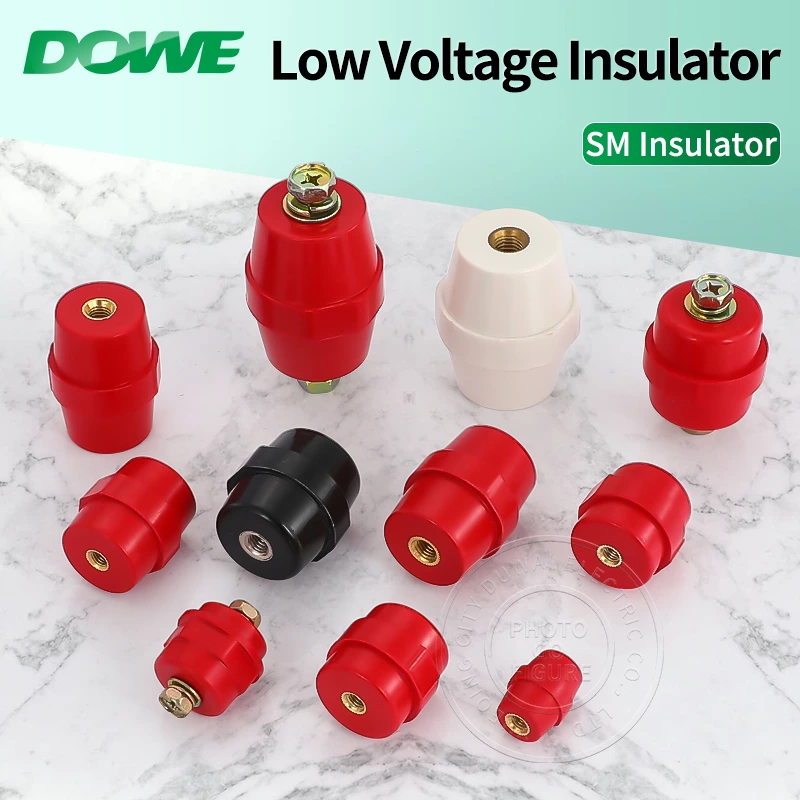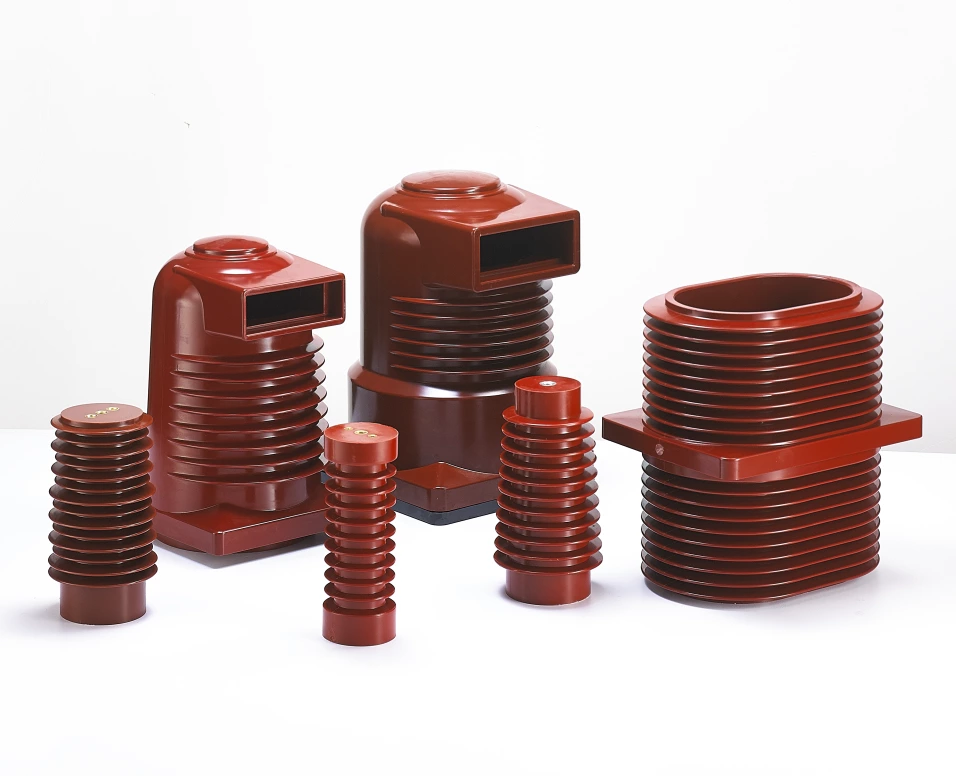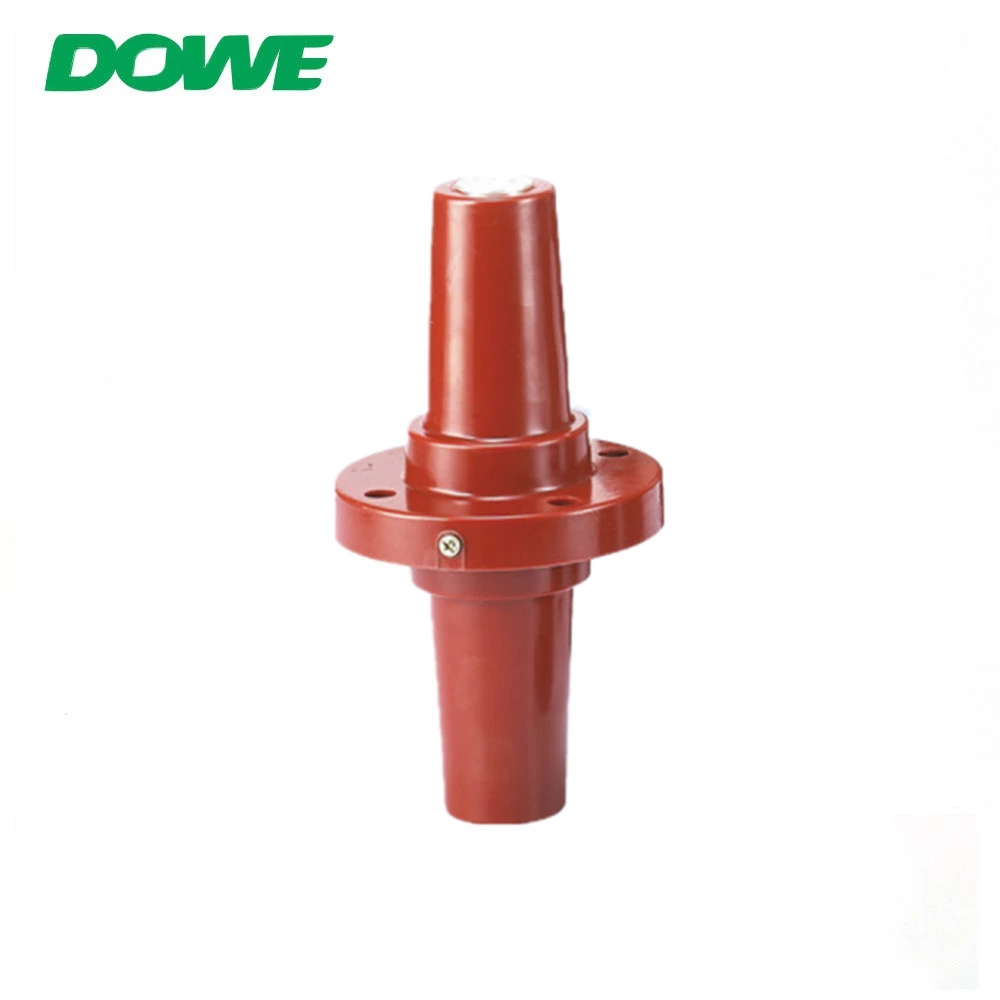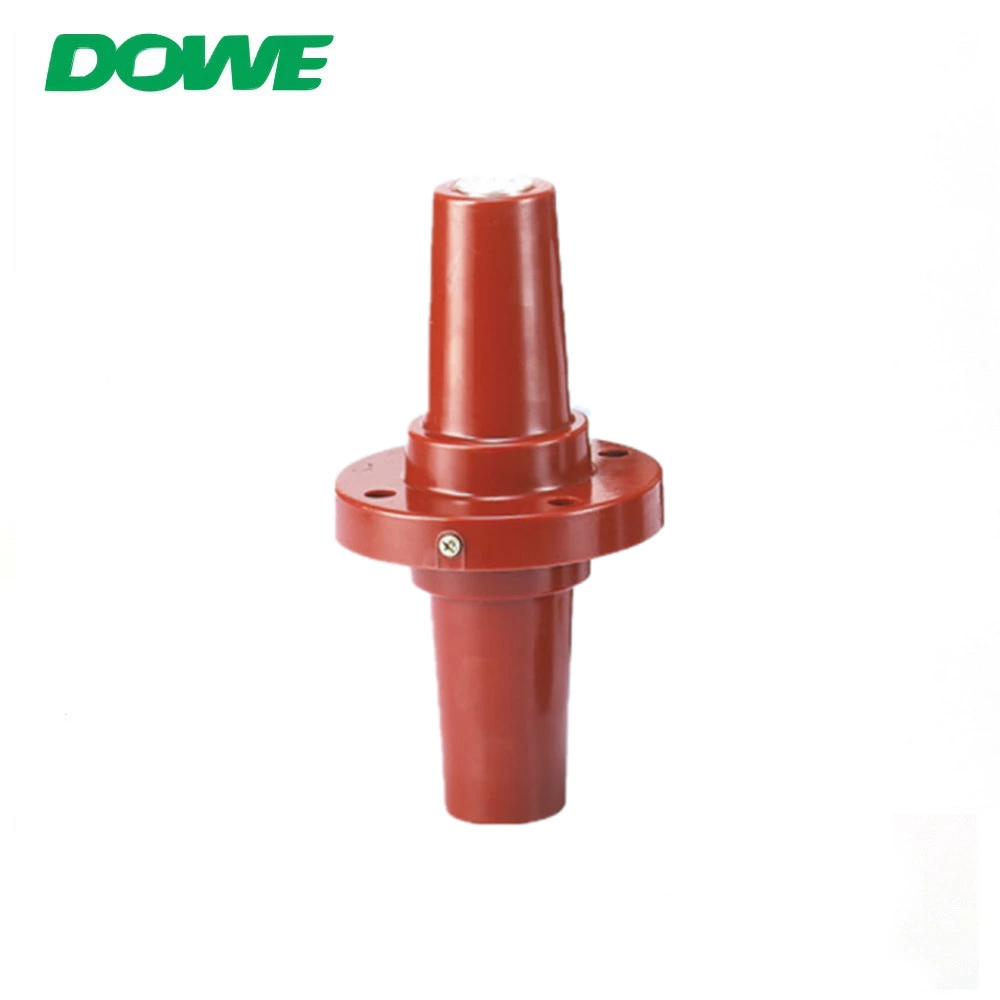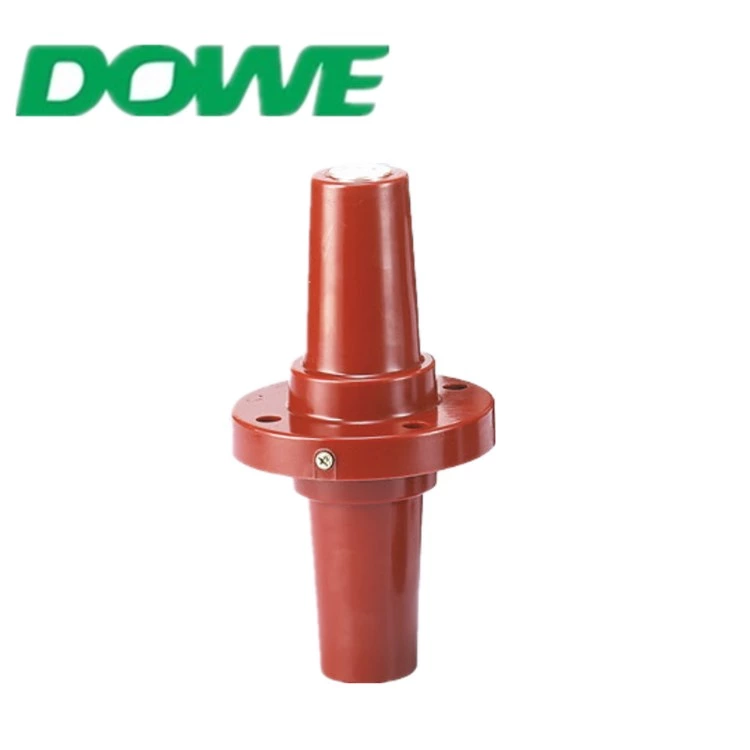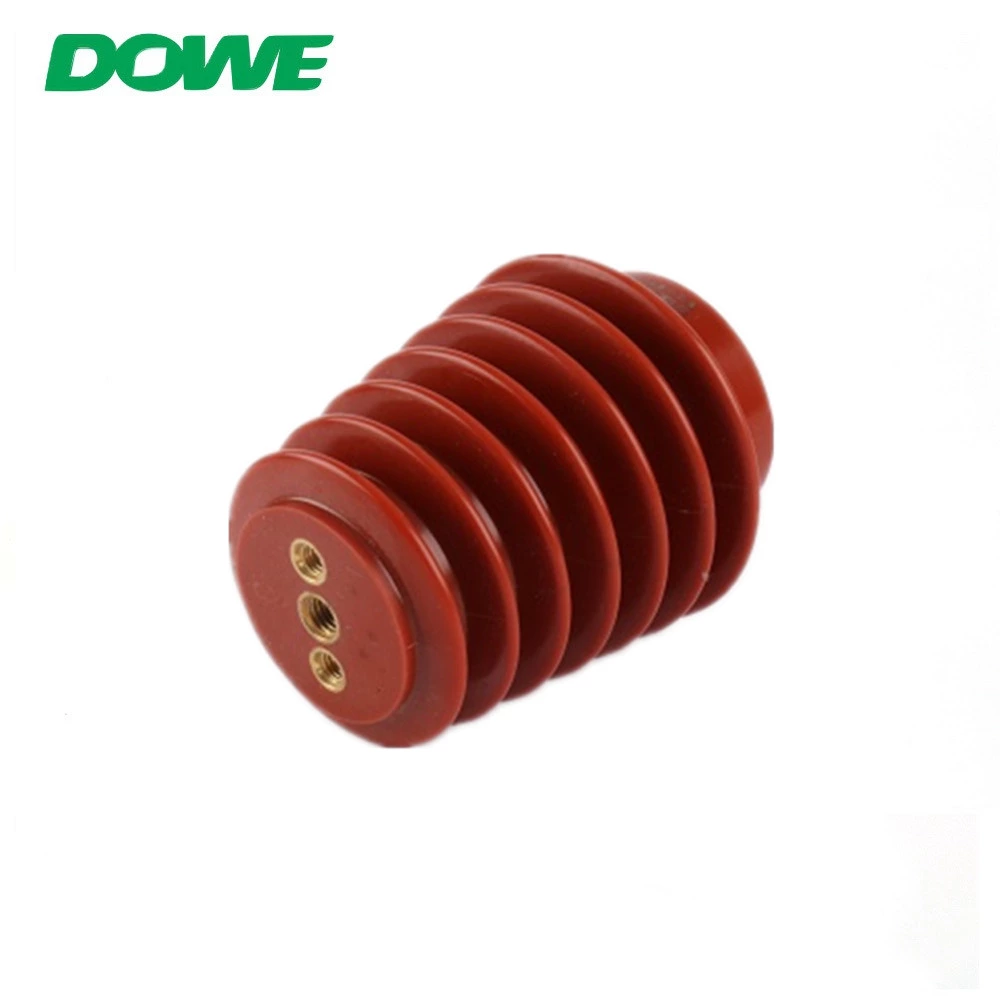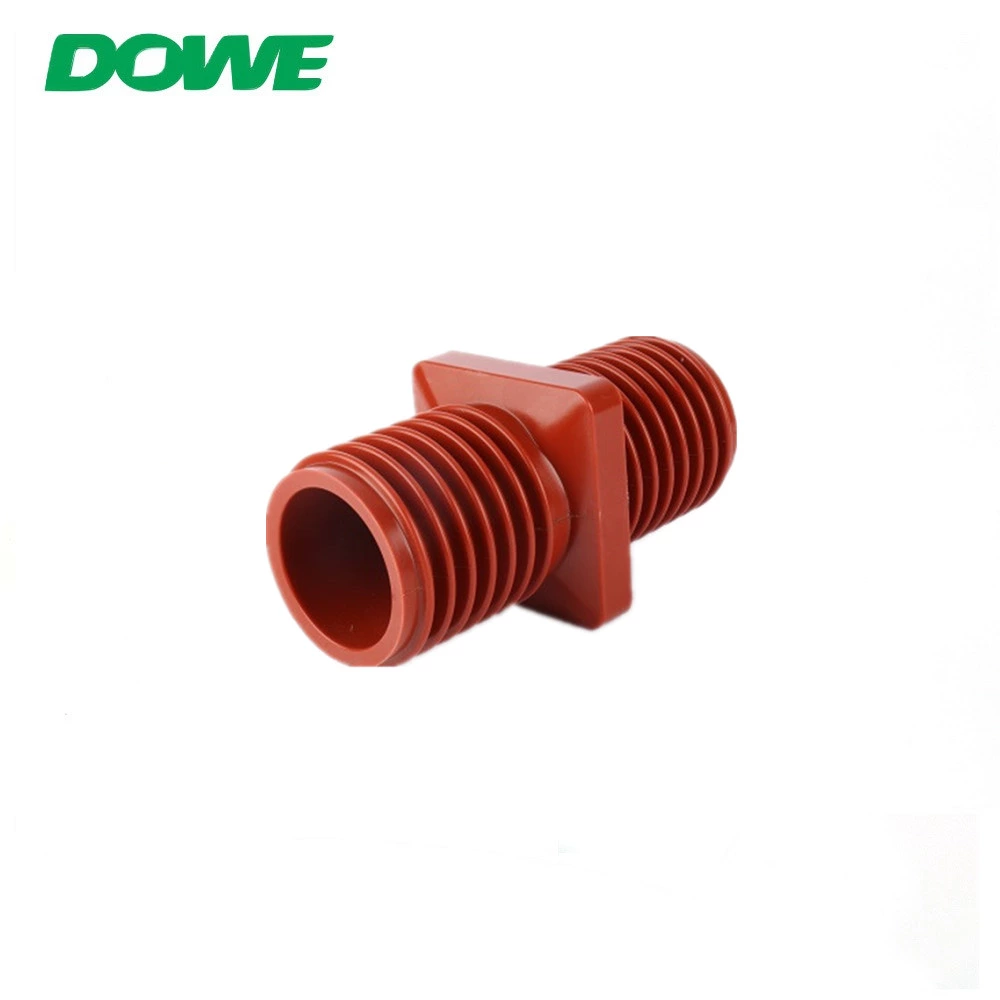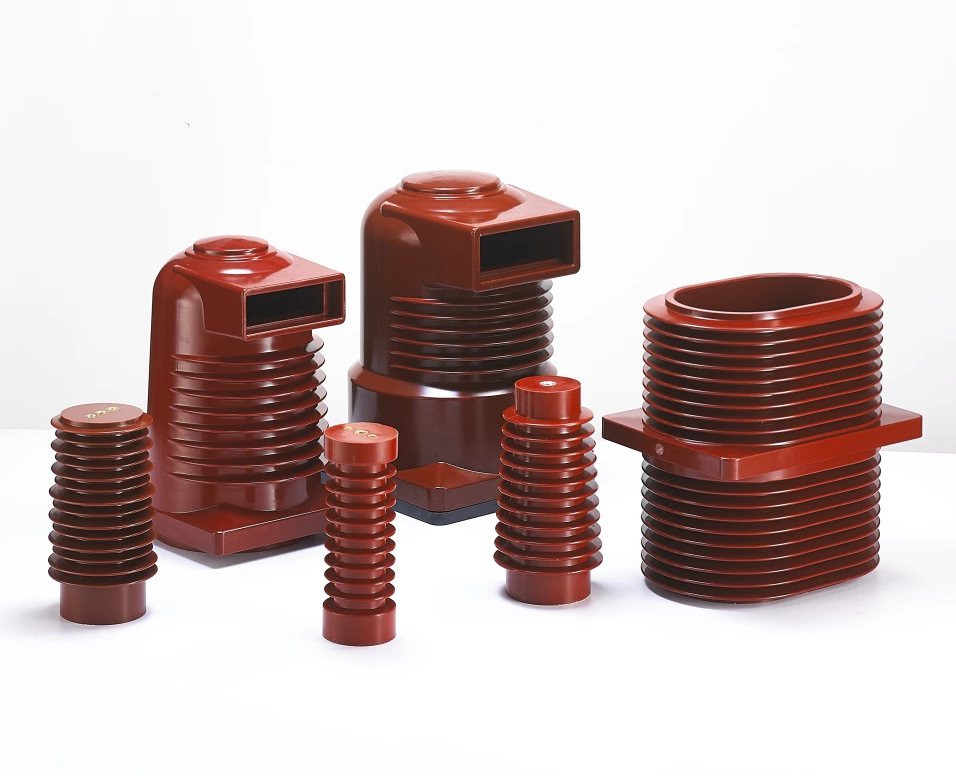What Are the Key Differences Between Busbar Support Insulators for Different Voltages?
When you're dealing with busbar support insulators, one question always stands out: how do insulators vary for different voltage levels? It's crucial to understand the differences to ensure safety and performance.
Busbar support insulators vary significantly based on voltage, affecting their design, material, and strength. Higher voltage systems require insulators with increased insulation resistance, greater mechanical strength, and the ability to handle thermal stresses. Choosing the right insulator can be the difference between optimal system performance and equipment failure.
As a professional in the field, I have seen how crucial it is to select the right insulator for each voltage level. In this post, we’ll break down these differences and help you navigate the technicalities.
[Table of contents]
- Why Are Busbar Support Insulators Important?
- How Do Voltage Requirements Affect Insulator Design?
- What Materials Are Used for Busbar Support Insulators?
- How Does Insulator Strength Change with Voltage?
- Conclusion
Why Are Busbar Support Insulators Important?
In any electrical system, busbar support insulators play a vital role. They physically support the busbars and provide electrical insulation between the busbar and the grounded structure. Without proper insulation, electrical faults could lead to short circuits or equipment damage.
Insulators protect sensitive equipment by preventing electrical leakage. In high-voltage systems, the risks increase, so insulators need to be engineered with higher specifications. Busbar support insulator1

Dive Deeper
Busbar support insulators are designed not only to hold busbars in place but also to prevent any direct contact with the ground. This prevents dangerous electrical faults and reduces the risk of electrical shock. Insulators act as barriers, keeping high-voltage current within the busbar system.
When voltage levels increase, so does the stress placed on the insulation. This is why engineers select specific types of insulators based on the operating voltage.
How Do Voltage Requirements Affect Insulator Design?
Voltage is a primary factor in determining the type and specifications of a busbar support insulator. Higher voltages demand insulators that can handle more significant electric fields, thermal stress, and mechanical force.
For high-voltage applications, insulators need to be thicker, have a higher dielectric strength, and often use advanced materials. For low-voltage systems, insulators are typically smaller, more compact, and less expensive. Voltage requirements and insulator design2

Dive Deeper
The design changes significantly as the voltage increases:
- Insulation Thickness: Higher voltage requires thicker insulation layers to prevent electrical discharge.
- Material Strength: Higher voltage also demands insulators made of materials with superior strength and durability.
- Dielectric Properties: High-voltage insulators need to resist breakdown caused by electrical stress. Dielectric strength3
For instance, a 110kV busbar support insulator would need to be significantly larger and more robust than a 33kV insulator. The materials used for the 110kV insulator would need to withstand more intense electrical fields without failing.
What Materials Are Used for Busbar Support Insulators?
The material selection for busbar support insulators is crucial and varies depending on the voltage level. Lower-voltage insulators often use materials such as ceramic or fiberglass, while higher-voltage insulators might incorporate materials like porcelain, composite polymers, or even specially treated plastics.
Material selection directly influences the insulation performance. For higher-voltage applications, composite materials offer the advantage of reduced weight and better resistance to environmental conditions. Materials used in busbar support insulators4

Dive Deeper
- Porcelain: Common in older systems, porcelain provides good electrical insulation but is heavier and more prone to mechanical damage.
- Composite Polymers: These materials are increasingly used in high-voltage systems because they combine high electrical strength with light weight and better durability in harsh environments. Composite polymers5
- Fiberglass: Typically used for low-voltage systems, fiberglass insulators are not as robust in extreme conditions but are cost-effective.
In high-voltage applications, composite materials are often preferred due to their durability, resistance to environmental wear, and superior performance under high stress.
How Does Insulator Strength Change with Voltage?
As the voltage increases, the mechanical strength required from the busbar support insulator also increases. High-voltage systems generate more significant forces due to the higher electrical stresses and thermal conditions.
For high-voltage systems, mechanical strength is essential to withstand both the weight of the busbar and external forces like wind and seismic events. The design of the insulator must take these factors into account to prevent damage during operation. Mechanical strength of insulators6

Dive Deeper
The design of high-voltage insulators typically includes additional safety factors:
- Material Reinforcement: Higher mechanical strength is often achieved by reinforcing the insulator body with metals or composite materials.
- Load Distribution: High-voltage systems require insulators that can distribute mechanical stress evenly, ensuring no single point is overloaded.
For example, a 400kV system requires insulators that can withstand both the electrical and mechanical stresses that come with operating at such a high voltage.
Conclusion
The key differences between busbar support insulators for different voltages are vast. Higher voltage systems require insulators with more advanced materials, greater thickness, and higher mechanical strength to withstand not only electrical but also physical stresses. Choosing the correct insulator based on voltage ensures that your electrical system operates safely and efficiently.
By understanding these differences, you can make informed decisions about the insulators that are best suited for your system’s needs, ensuring long-term safety and reliability.
Footnotes
-
This resource explains the role of busbar support insulators, how they prevent electrical faults, and protect sensitive equipment. ↩
-
This article explains how voltage requirements impact the design of busbar support insulators, particularly the special specifications needed for high-voltage systems. ↩
-
It explains the importance of dielectric strength, ensuring that high-voltage insulators don't break down under electrical stress. ↩
-
This link provides detailed insights into the materials used for busbar support insulators, outlining what materials are commonly used for different voltage applications. ↩
-
This link explains the advantages of composite polymer materials in high-voltage applications, especially in terms of weight, durability, and environmental resistance. ↩
-
Explains how the mechanical strength of busbar support insulators increases with voltage, and how high-voltage systems must account for both electrical and mechanical stresses. ↩

